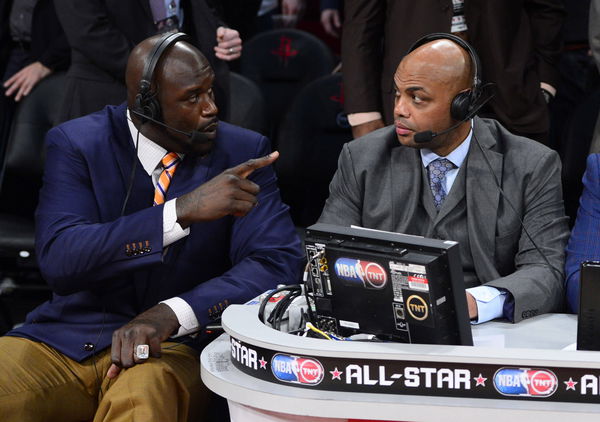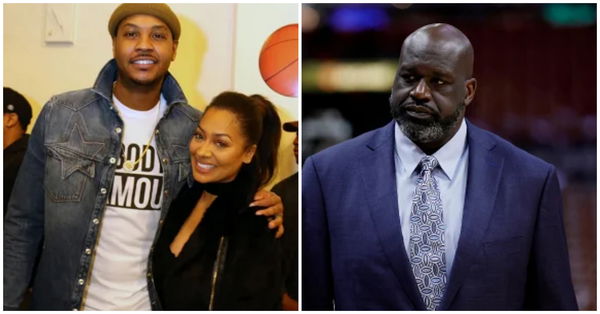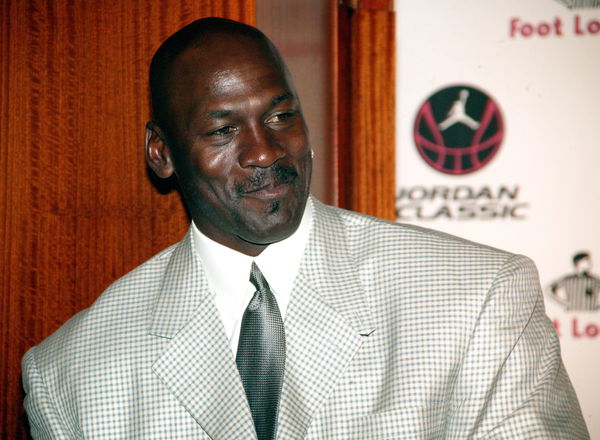Alex Rodriguez’s Desire For David Beckham-Like Profit Blamed For Ownership Crisis In Minnesota

Follow Us

via Getty
MIAMI, FL – MARCH 15: MLB former player Alex Rodriguez walks in the dugout prior to the game between Puerto Rico and the Dominican Republic at loanDepot park on March 15, 2023 in Miami, Florida. (Photo by Jasen Vinlove/Miami Marlins/Getty Images)
Former baseball legend Alex Rodriguez has been under the keen observation of NBA enthusiasts for quite some time now. Since 2021, he, along with entrepreneur Marc Lore, has been in the process of becoming the majority owner of the Minnesota Timberwolves. After acquiring 40% of the shares during the previous two seasons, the duo was looking to acquire an additional 40% and gain majority control by the time the month of March concluded. However, barely a few hours ago, Timberwolves owner Glen Taylor announced that his team is no longer for sale.
As the news started to make the rounds of the NBA world, prominent analyst Amin Elhassan took to ‘The Dan LeBatard Show’ to discuss the same. Joining him as guest host was the former president of the Miami Marlins, David Samson. Samson proceeded to shed some light on what actually went wrong amid the deal, stating that ‘A-Rod’ started to have trouble raising money by himself. While Marc Lore’s contribution helped, it was only enough to cover the initial acquisition of the minority shares. While approaching other investors could have helped, Rodriguez reportedly chose to not go down that path.
“A-Rod could have borrowed money and gotten in investors at the $1.5 Billion number but A-Rod always was trying to make a Beckham-like profit, like Beckham did in Inter Miami,” said Samson. “He (Rodriguez) was selling pieces of the team at numbers higher than $1.5 and people were like ‘Hey, why do you get this incredible benefit of having such a low basis’ and now it’s all done”.
ADVERTISEMENT
Article continues below this ad
Alex Samson was a prominent member of the negotiating table when Alex Rodriguez was attempting to purchase the Miami Marlins back in 2022. Therefore, he is amongst the handful of people who can truly shed light on what the baseball legend is like when dealing with such acquisitions. According to reports, Rodriguez, and Lore had recently managed to receive an investment from Dyal Capital Partners, a private equity firm. The duo had even gone as far as to submit financial documents to the NBA to finalize the last stage of the acquisition process. Unfortunately, they seemed to have been too late to do the same.
ADVERTISEMENT
Article continues below this ad
Alex Rodriguez and Marc Lore were “disappointed” with the downfall of the Timberwolves deal
The recent news started to make waves after Timberwolves president Glen Taylor put out a press release that contained details of the dissolution of the partnership between him and Rodriguez. The statement highlighted that “Under terms of the purchase agreement, the closing was required to occur within 90 days following the exercise notice issued by Lore and Rodriguez.” That date was mutually finalized as being March 27, 2024.
It didn’t take long for the duo to put out their statement, stating, “We are disappointed with Glen Taylor’s public statement today. We have fulfilled our obligations, have necessary funding, and are fully committed to closing our purchase of the team as soon as the NBA completes its approval process.” Rodriguez and Lore went so far as to reportedly accuse Taylor of having “seller’s remorse”.
ADVERTISEMENT
Article continues below this ad
Trending

Shaquille O’Neal and Charles Barkley’s Absence From “Inside the NBA” Is Due to TNT’s Uncertain Future, as Per Reports
May 15, 2024 07:32 AM EDT

Countdown Starts for Charles Barkley and TNT Crew as Ernie Johnson Makes Heartfelt Confession Before Parting
May 16, 2024 06:00 AM EDT

Mother of 5, Dwyane Wade’s Wife Gabrielle Admits Changing Herself Due to 3 Things
May 13, 2024 12:30 PM EDT

Carmelo Anthony’s Ex-Wife La La Freaks Out in Shaquille O’Neal’s Presence After 30YO Admirer’s Call
May 16, 2024 02:39 AM EDT

Billionaire Michael Jordan Sports $600K Watch at Cincoro Event – Know More About the Billion-Dollar Brand Creation
May 16, 2024 12:00 PM EDT
Get instantly notified of the hottest NBA stories via Google! Click on Follow Us and Tap the Blue Star.

Follow Us
Alex Rodriguez continues to be a minority shareholder of the Timberwolves. However, if things continue to go south between him and Taylor, then he may start looking to cut away his link to the NBA.
Edited by:

Saumya Khanduja


